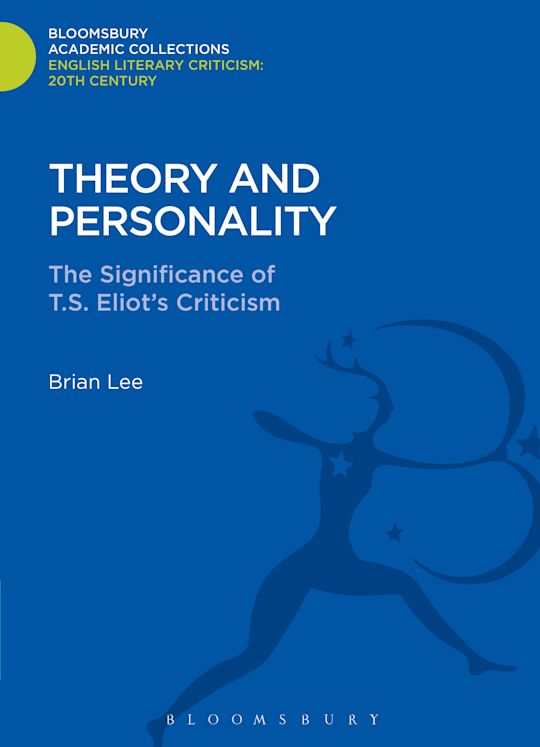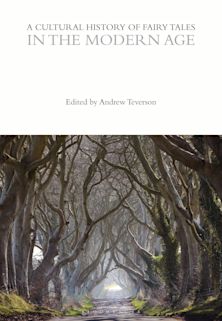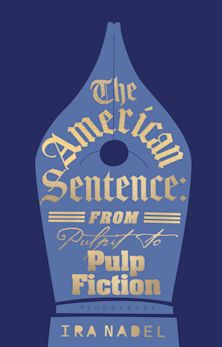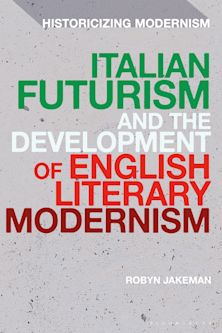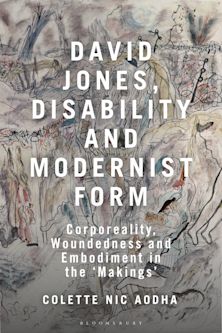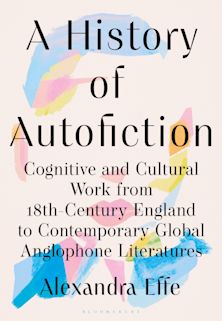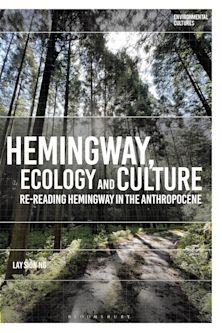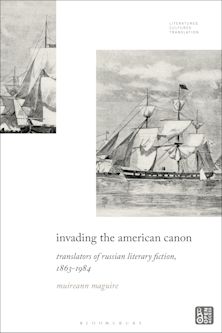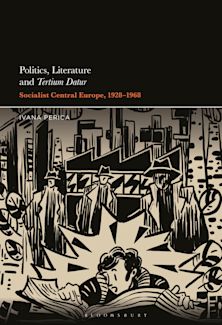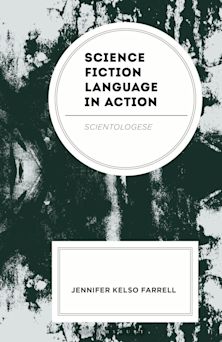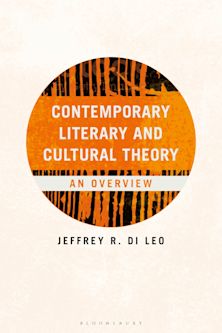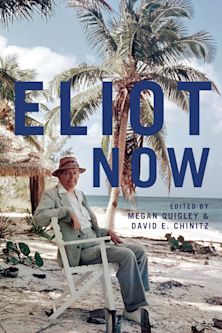- Home
- ACADEMIC
- Literary Studies
- Twentieth-Century Literature
- Theory and Personality
Theory and Personality
The Significance of T. S. Eliot's Criticism
Theory and Personality
The Significance of T. S. Eliot's Criticism
This product is usually dispatched within 2-4 weeks
- Delivery and returns info
-
Flat rate of $10.00 for shipping anywhere in Australia
You must sign in to add this item to your wishlist. Please sign in or create an account
Description
T. S. Eliot's literary criticism is often described as 'the criticism of a poet'. Mr Lee asks what happens if we take that description seriously and read the criticism as if it was as much the expression of the man, it its way, as the poetry; continuous with the poetry and the preoccupations of the poetry. This essay in interpretation is an attempt to follow out such a programme and to account for the contradictions and seemingly discrepant utterances that Eliot himself left unexplained. The opening chapter offers an outline of Eliot's main 'theories' and the connection between them, and subsequent chapters deal with critical approaches to Eliot; 'Tradition and the Individual Talent' and impersonality; Eliot's ideas on personality; and the relation between individual personality and society.
Table of Contents
I Critical Responsibility and Critical Approach
II Impersonality: 'Sacrifice' or 'Extinction'?
III Personality and the Proper Relation
IV Conclusion: Self and Society
Bibliography
Notes
Index
Product details

| Published | 07 Nov 2013 |
|---|---|
| Format | Hardback |
| Edition | 1st |
| Extent | 148 |
| ISBN | 9781472513700 |
| Imprint | Bloomsbury Academic |
| Dimensions | Not specified |
| Series | Bloomsbury Academic Collections: English Literary Criticism |
| Publisher | Bloomsbury Publishing |

ONLINE RESOURCES
Bloomsbury Collections
This book is available on Bloomsbury Collections where your library has access.









